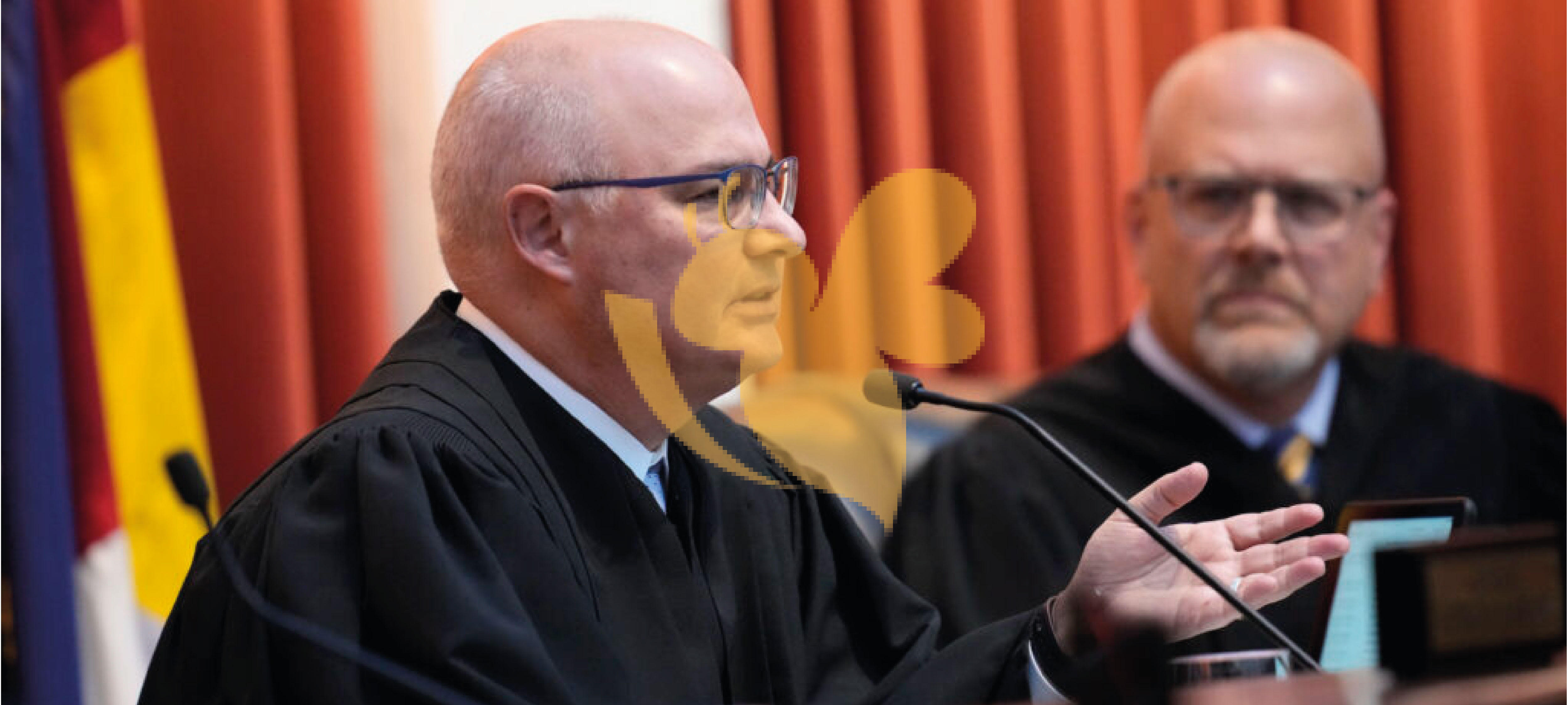The recent decision by the Colorado Supreme Court to block former President Donald Trump from appearing on the state's 2024 ballot has ignited a fierce debate among legal scholars and political pundits. While some hail this ruling as a victory for democracy and the rule of law, others argue that it infringes upon the rights of voters and undermines the principles of free speech.
The court's decision was based on a provision in Colorado law that requires presidential candidates to disclose their tax returns in order to qualify for the ballot. This requirement, according to the court, is necessary to ensure transparency and prevent conflicts of interest. However, critics argue that it sets a dangerous precedent by allowing states to impose additional qualifications for presidential candidates beyond what is outlined in the Constitution.
"We do not reach these conclusions lightly. We are mindful of the magnitude and weight of the questions now before us. We are likewise mindful of our solemn duty to apply the law, without fear or favor, and without being swayed by public reaction to the decisions that the law mandates we reach," the opinion from the four-justice majority read.
The majority noted it had "little difficulty" concluding there was sufficient evidence to deem the deadly mob attack of Jan. 6 an insurrection, and that Trump's own actions to stop the certification of President Joe Biden's victory were directly linked to the insurrection.
rump lost Colorado by 13 percentage points in 2020 and doesn’t need the state to win next year’s presidential election. But the danger for the former president is that more courts and election officials will follow Colorado’s lead and exclude Trump from must-win states.
Colorado officials say the issue must be settled by Jan. 5, the deadline for the state to print its presidential primary ballots.
Dozens of lawsuits have been filed nationally to disqualify Trump under Section 3, which was designed to keep former Confederates from returning to government after the Civil War. It bars from office anyone who swore an oath to “support” the Constitution and then “engaged in insurrection or rebellion” against it, and has been used only a handful of times since the decade after the Civil War.
Mr Trump is facing four criminal cases, including one federal and one state case in Georgia related to his alleged election subversion efforts.
Read more
‘Alan Wake 2’ Voice Actor James McCaffrey dies at 65 Volcano flare-up on Reykjanes peninsula IcelandSarah H
Also on site :
- FDA recalls oysters due to potential norovirus contamination ahead of Memorial Day
- Iranian filmmaker Jafar Panahi wins Cannes Palme d’Or for revenge thriller It Was Just an Accident
- ‘I stood up for myself’: 32 co-stars who famously clashed on set

